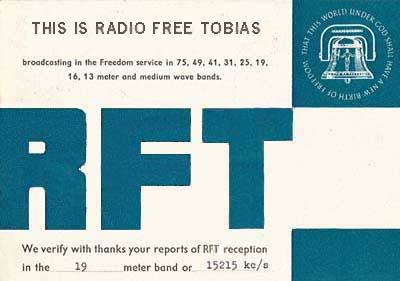The Kyle Sowashes - What's Important (and What's Not) Review
Remember my Fine Dining Review? If you want, you can read that right now by clicking on 'Fine Dining Review". Did you read it? Great.
Kyle Sowash, aka Tom Foolery of Tom Foolery and the Mistakes, has ditched the pseudonym and is going out on his own in this big, scary world. It's ok though, because he's bringing some stalwart musical influences to keep him company: Pavement, Guided by Voices, Yo La Tengo, Superchunk, etc. Expect all the 'woo-woos', little guitar hooks, some not-really harmonies, catchy melodies, analog tape, 'quirky' humor, et cetera, that comes with the territory.
Let it be known: this record is a testament to what happens to college-rock musicians that hold on too long. Fine Dining, take note. Sowash has written “Being an Underemployed, Underappreciated Musician for Dummies”.
But c'est la vie, these gripes come with the territory. What's Important and What's Not is a no-holds-barred, barbed-wire old indie-rock nostalgia cagematch, and Kyle Sowash unashamedly has the chair.
The lyrics are built on a foundation of self-effacement and dry humor. In "Shadow of my Stephens" Sowash promises that "if I could put into a song the way I feel about you, (baby, yo) that would be so awesome" but "I just can't write the hits". In "In the Mail", a member of the Kyle Sowash's fan club wins "the remnants of [his] life's destruction" on Ebay.
Sure, writing songs about being an unknown loser drinking beers in parking lots isn't really glamorous, but it rings true. Between taking swipes at himself, Sowash targets white-belted hipster music critics, the scene, and life in general. More than once he comes across as being more than a little bitter, but he presents his empty plate with a smile.
The ‘he hate me’ aesthetic is artfully presented. This record, 28 minutes of enjoyable pop songs, is itself a tribute to enjoyable little pop songs of yesteryear. I can't imagine Kyle Sowash was trying to write the album of the year, nor would he think himself capable of doing so.
From upon his pedestal of obscurity, Kyle Sowash is directing his nihilistic/nostalgic message to the American people, whether they care or not.
The Kyle Sowashes - In the Mail.mp3
The Kyle Sowashes - Pitchforks.mp3
Kyle Sowash, aka Tom Foolery of Tom Foolery and the Mistakes, has ditched the pseudonym and is going out on his own in this big, scary world. It's ok though, because he's bringing some stalwart musical influences to keep him company: Pavement, Guided by Voices, Yo La Tengo, Superchunk, etc. Expect all the 'woo-woos', little guitar hooks, some not-really harmonies, catchy melodies, analog tape, 'quirky' humor, et cetera, that comes with the territory.
Let it be known: this record is a testament to what happens to college-rock musicians that hold on too long. Fine Dining, take note. Sowash has written “Being an Underemployed, Underappreciated Musician for Dummies”.
But c'est la vie, these gripes come with the territory. What's Important and What's Not is a no-holds-barred, barbed-wire old indie-rock nostalgia cagematch, and Kyle Sowash unashamedly has the chair.
The lyrics are built on a foundation of self-effacement and dry humor. In "Shadow of my Stephens" Sowash promises that "if I could put into a song the way I feel about you, (baby, yo) that would be so awesome" but "I just can't write the hits". In "In the Mail", a member of the Kyle Sowash's fan club wins "the remnants of [his] life's destruction" on Ebay.
Sure, writing songs about being an unknown loser drinking beers in parking lots isn't really glamorous, but it rings true. Between taking swipes at himself, Sowash targets white-belted hipster music critics, the scene, and life in general. More than once he comes across as being more than a little bitter, but he presents his empty plate with a smile.
The ‘he hate me’ aesthetic is artfully presented. This record, 28 minutes of enjoyable pop songs, is itself a tribute to enjoyable little pop songs of yesteryear. I can't imagine Kyle Sowash was trying to write the album of the year, nor would he think himself capable of doing so.
From upon his pedestal of obscurity, Kyle Sowash is directing his nihilistic/nostalgic message to the American people, whether they care or not.
The Kyle Sowashes - In the Mail.mp3
The Kyle Sowashes - Pitchforks.mp3












